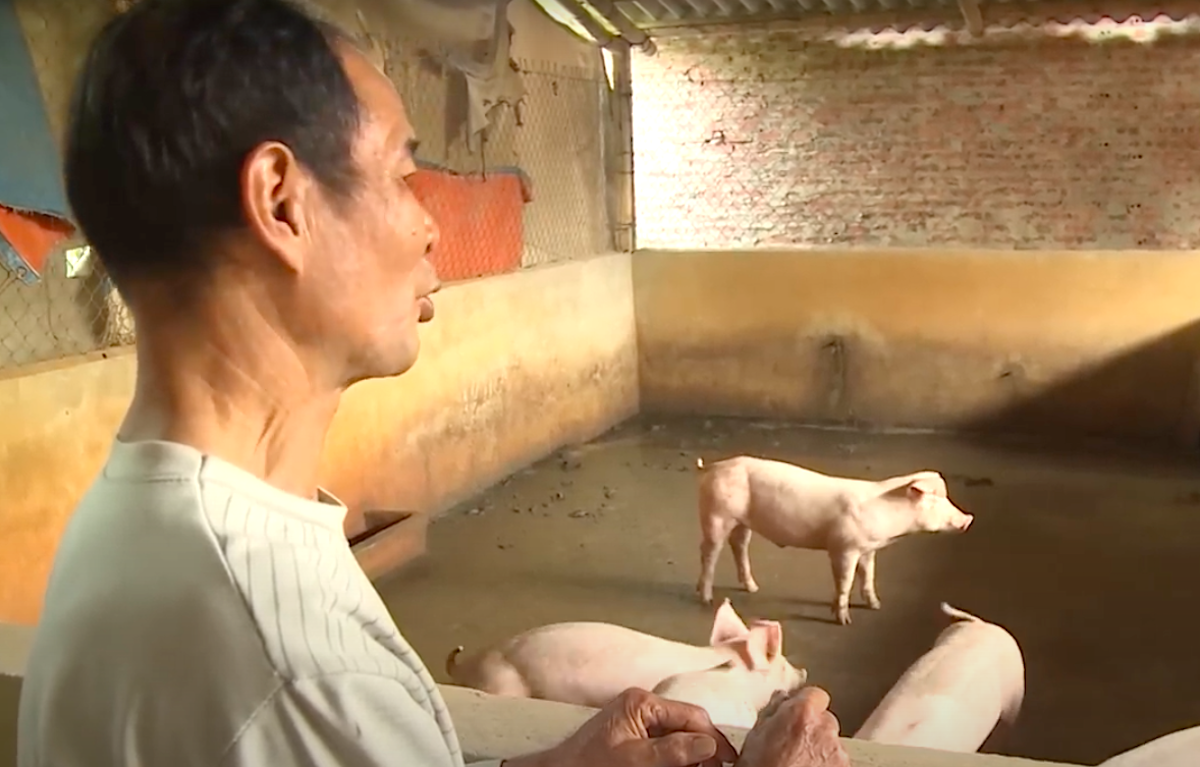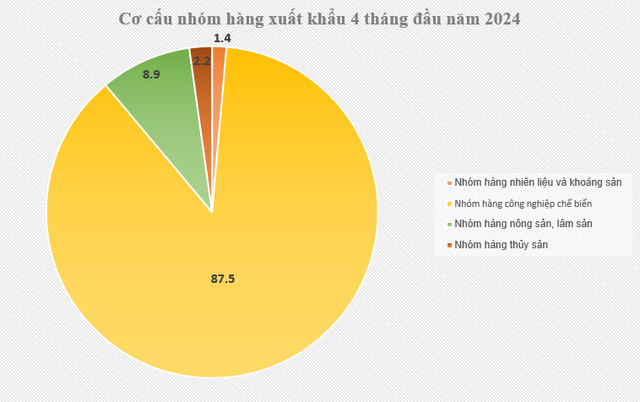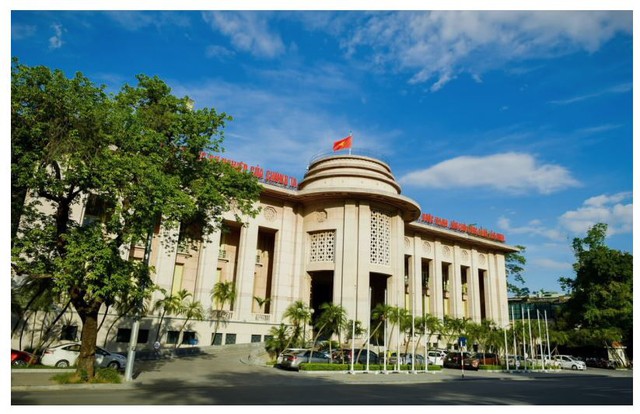Four livestock associations, including the Vietnam Livestock Association, the Vietnam Animal Feed Association, the Vietnam Livestock Association for Large Livestock, and the Vietnam Poultry Livestock Association, have recently sent a letter of proposal to Prime Minister Pham Minh Chinh and National Assembly Chairman Vuong Dinh Hue regarding several areas such as: Abolishing the requirement to disclose harmonized standards with animal feed and veterinary drugs; uniformly applying the exemption of value-added tax to processed livestock products; tight control over the issue of importing livestock products.

Four associations are concerned about domestically produced livestock products being weak and disadvantaged on “home ground”. Illustrative image
Notably, regarding strict control over importing issues, the associations have raised concerns that compared to countries with developed livestock industries, our country’s regulations on livestock product imports are not yet strict and have many loopholes. Meanwhile, in order to export meat products, poultry eggs, the livestock industry in Vietnam has to overcome numerous stringent technical barriers in importing countries. This has caused domestic livestock products to be weak and disadvantaged on “home ground”.
According to statistics in 2023, the import turnover of livestock products reached $3.53 billion, while the export turnover was only $515,000. “In addition to the mentioned official import figure, there is also a huge amount of small-scale imported livestock and livestock products (smuggled)” – expressed by the associations.
According to the associations, official imported livestock products are often products that are less commonly used as food in other countries, such as: Head, neck, wings, liver, gizzards, breeding chickens, and waste dairy cows… In addition, they are food products that are close to expiration date, hence they are very cheap, only half the price of the same type of domestic products when imported.
Furthermore, this situation will lead to the loss of opportunities and investment motivation for domestic businesses and livestock farmers, and in the long run, it will directly affect the issues of national food security and food.
Ban all forms of small-scale imports
“With the current import speed, within 3-5 years, when the import tax rate of imported livestock products reaches 0%, Vietnam will become a super-importer of livestock products,” the associations expressed their concern.
Therefore, the associations in the livestock industry propose that the Prime Minister direct the National Steering Committee for Prevention of Smuggling, Commercial Fraud, Counterfeit Goods and the Ministries of Agriculture and Rural Development, Industry and Trade, Science and Technology, Public Security, and Defense to strengthen the inspection and control of importing issues of livestock products.
For official imports, urgently construct technical barriers and trade policies to minimize the import of official livestock products. This includes strengthening quarantine measures, quality inspections, and minimizing the number of live animal import border gates into Vietnam.
For small-scale imports, prohibit all forms of imports and use of imported livestock and livestock products through this form, because: Our domestic livestock products already basically meet the domestic consumption demand. Moreover, Vietnam has a long border, and the surrounding countries are not yet countries with good veterinary work and disease control.
“If we do not have strong control measures for the smuggling of livestock animals and livestock products, then we will definitely be unable to control diseases and domestic livestock production, as proven by the experiences of China and Thailand, where they have been very successful,” recommended the associations.





































